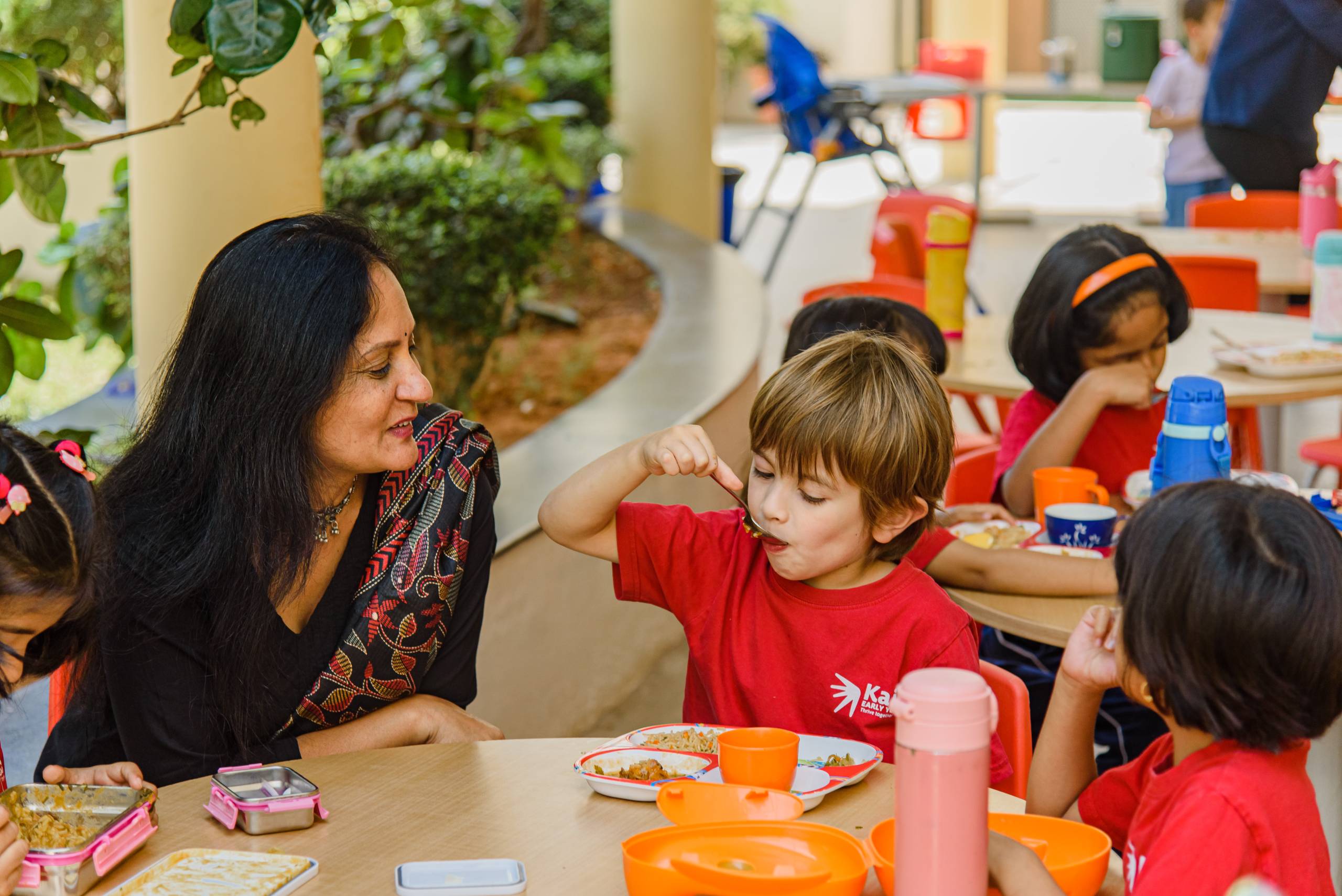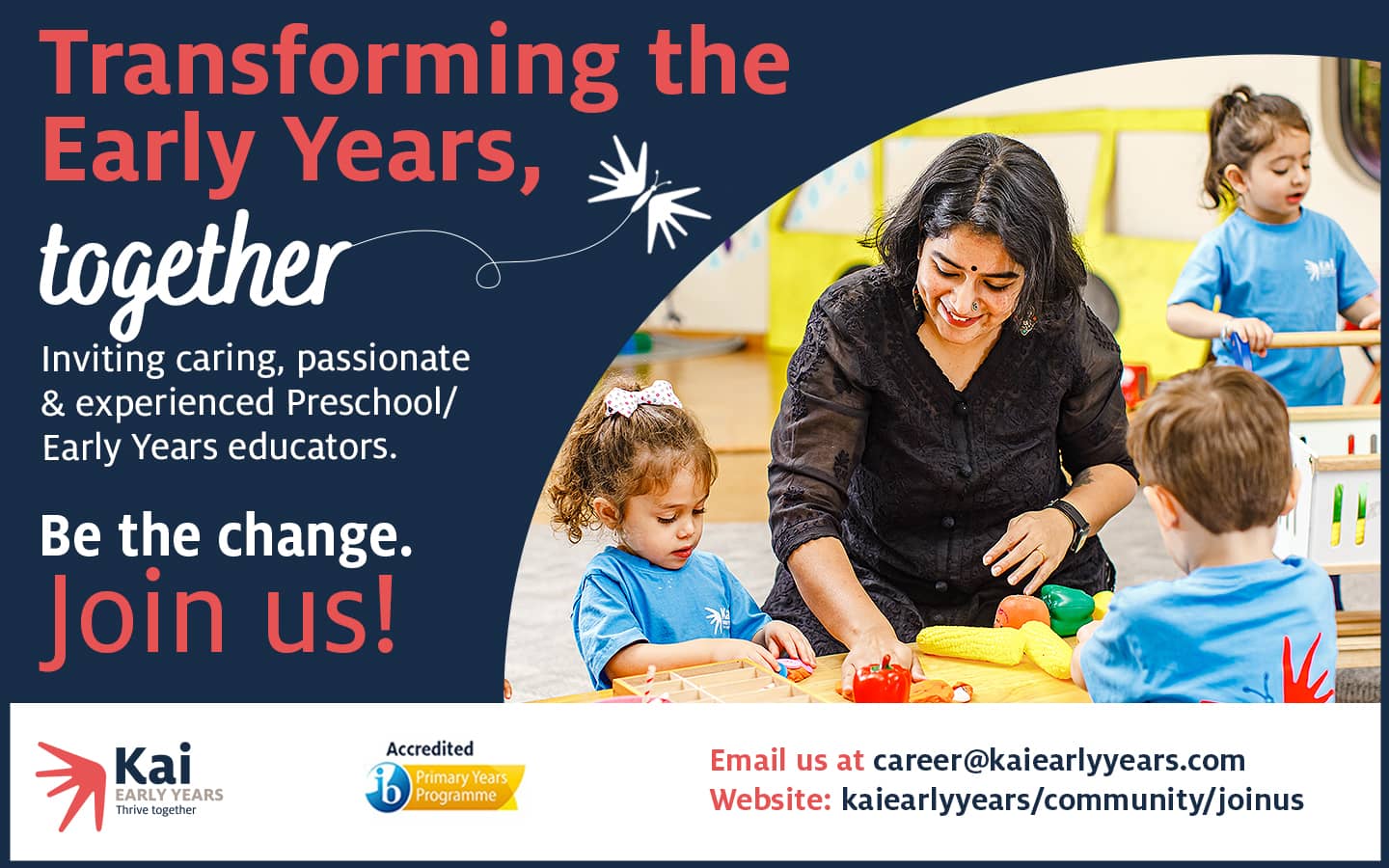Planting Seeds of Health: How to Introduce Healthy Habits to Young Children
As parents, caregivers, and educators, we all want the best for our little ones. We want them to grow up healthy, happy, and thriving. And one of the most important things we can do to set them up for success is to introduce healthy habits early on. Research has also shown that establishing healthy habits in early childhood can have a positive impact on a child’s physical, cognitive, and emotional development.
But where do we start? How do we get our preschoolers excited about healthy choices? Join us as we explore simple and effective ways to introduce healthy habits to your little ones, setting them up for a lifetime of wellness.
Healthy Eating: A balanced and nutritious diet is critical for a child’s health and development. Preschoolers who consume a diet high in fruits, vegetables, whole grains, and lean proteins have better overall health outcomes, including a reduced risk of obesity, type 2 diabetes, and heart disease. But how can parents introduce new foods to their children? Parents can start by offering a variety of healthy foods, such as fruits, vegetables, whole grains, and lean proteins. Children are more likely to try new foods when they see their parents eating them, so parents should lead by example.
It is also important to involve children in the meal preparation process. This can be as simple as letting them wash fruits and vegetables or helping to stir ingredients in a bowl. By involving children in meal preparation, they are more likely to eat the food they helped prepare. Additionally, parents should avoid using food as a reward or punishment, as this can lead to unhealthy eating habits later in life.
Another way parents can do that is to make sure that your child’s preschool has a good nutritious & well-balanced meal plan. While doing your school search for an ‘International Preschool Near Me’ or look for the ‘Preschools In Whitefield Bangalore’, look for meal option in the school’s website. Almost all good preschools incorporate healthy habits into their curriculum, and teachers can reinforce these habits with their students.
Regular Exercise: Another healthy habit to introduce to pre-schoolers is ‘Regular Exercise’. Research suggests that preschoolers should engage in at least 3 hours of physical activity per day, including both structured and unstructured play. Exercise is important for children’s physical and mental well-being. Parents can encourage their children to be active by taking them to the park or playground, going for a family walk or bike ride, or participating in sports together. Also, parents can ensure that their child’s preschool has a good outdoor play area and children get a lot of playtime. It is important to make exercise fun and enjoyable for children, so they are more likely to want to participate.
Good Hygiene: Parents can also encourage their children to develop good hygiene habits. This includes washing their hands regularly, brushing their teeth twice a day, and covering their mouth when coughing or sneezing. By making hygiene a regular part of their routine, children will develop healthy habits that will benefit them throughout their lives.
Adequate Sleep: Sleep is another essential aspect of a healthy lifestyle. Pre-schoolers need 11-14 hours of sleep per day, including naps. Parents can help their children develop healthy sleep habits by establishing a consistent bedtime routine, such as reading a book or singing a lullaby before bed. Additionally, parents should ensure that their children’s sleeping environment is quiet, comfortable, and free from distractions.
Mindfulness: Finally, parents can introduce mindfulness practices to their preschoolers. Mindfulness is the practice of being present in the moment and focusing on one’s thoughts and feelings. Mindfulness can help children manage stress, improve their concentration, and promote a sense of well-being. Parents can encourage mindfulness by teaching their children deep breathing exercises, meditation, or yoga. Best Montessori Preschools have now introduced these as part of their curriculum to help even the preschoolers incorporate these life skills.
In conclusion, introducing healthy habits to preschoolers is essential for their physical, mental, and emotional well-being. It is important to reinforce these habits consistently and to lead by example. In collaboration with the best preschools bangalore, parents can work together to reinforce these healthy habits in preschoolers. With patience, consistency, and love, all caregivers can set their children on the path to a healthy and fulfilling life.

